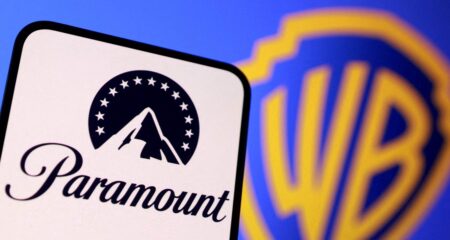 The world loves techies. This ensemble of forward-looking nerds, geeks, cypherpunks, gamers, futurists, coders, scientists, hacktivists, black hatters, boffins, white hatters and entrepreneurs have contributed to the rapid modernisation of society.
The world loves techies. This ensemble of forward-looking nerds, geeks, cypherpunks, gamers, futurists, coders, scientists, hacktivists, black hatters, boffins, white hatters and entrepreneurs have contributed to the rapid modernisation of society.
The impact of their contribution is widespread, with advancements in telecommunications, multimedia and industrial processing standing out among a host of other industries where technological innovations have multiplied productivity and improved accessibility for the average person.
But just like the Karen next door, or the half-senile Boomer down the road, techies are human, too. The sector is just as well known for having made some serious blunders over the years as it is for its successes. Some of these errors in judgment were merely cause for momentary embarrassment, while others have destroyed powerful multinational companies and others still even leading to prison time.
TechCentral takes a look at eight of the biggest and most embarrassing blunders in tech history.
1. Nokia chooses Windows Phone over Android
Nokia’s reign as the largest phone maker in the world lasted for more than a decade. But by the early 2010s, disruptors Apple and Google (Android) were taking huge chunks out of the Norwegian brand’s market share. That same year, Samsung – building smartphones based on Android – surpassed Nokia’s market share globally.
The privilege of hindsight suggests that Nokia’s adoption of the open-source Android operating system would have been a relatively simple move that should have assured its survival as one of the leading smartphone brands in the world. That, unfortunately, is not how CEO Stephen Elop saw it at the time. Instead, Elop chose to partner with Microsoft, his former employer, to produce smartphones using the Windows Phone operating system, vetoing a board decision to move to Android.
Read: 10 of the biggest TVs for sale in South Africa
The decision ultimately led to the company’s demise, at least in smartphones. The Nokia Lumia phones released at the time were known for having some of the best hardware in the market, but the Windows Phone OS could not compete with Android’s ecosystem of third-party applications.
Microsoft spent many years and many more millions trying in vain to convince developers to create apps for Windows phones. An initial US$7.2-billion was spent acquiring Nokia’s phone business only for the entire purchase to be written off as a failed experiment.
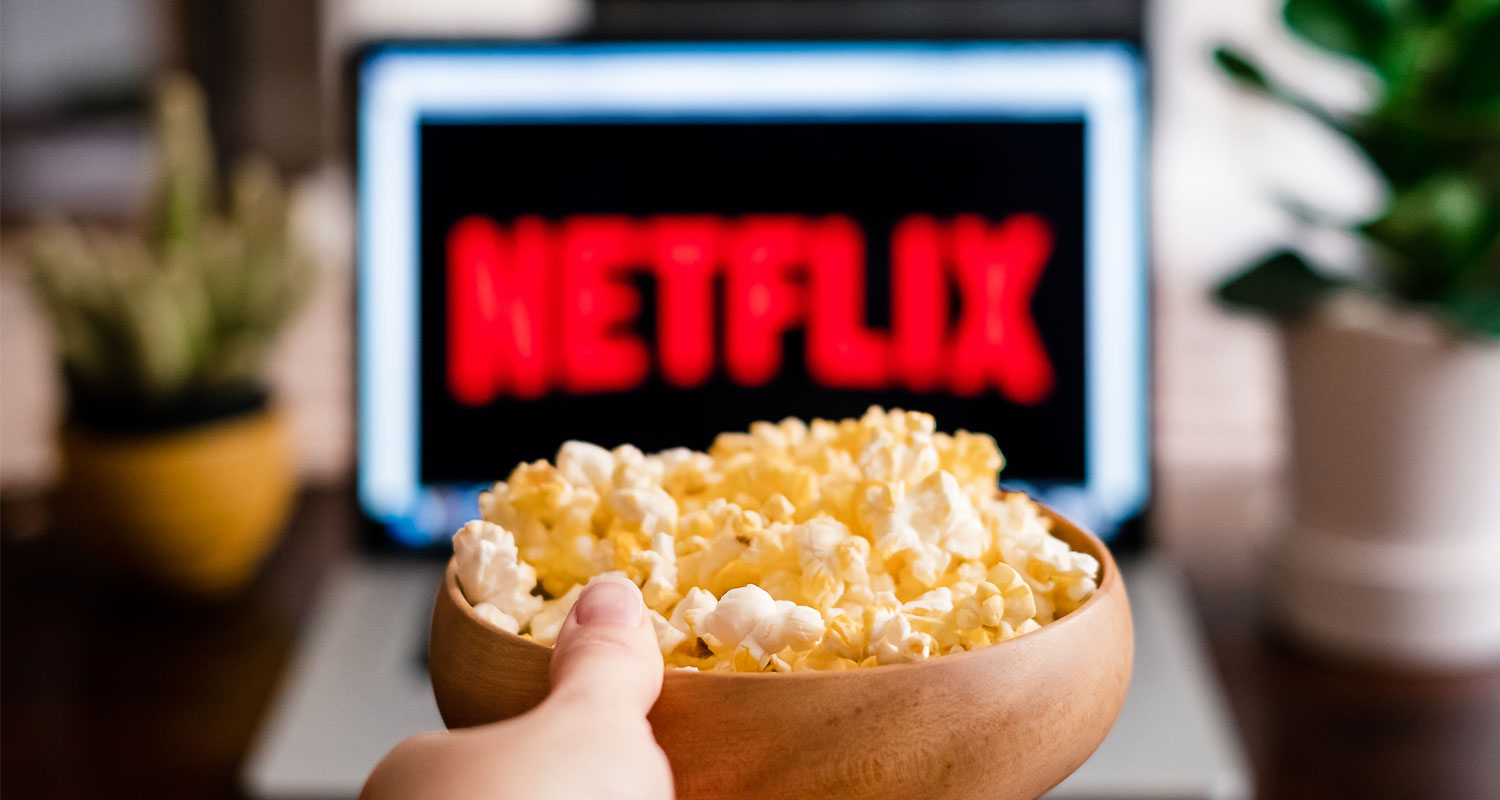 2. Blockbuster refuses to buy Netflix
2. Blockbuster refuses to buy Netflix
This is another story of a disrupter using newer technology to change the nature of the marketplace, rendering the incumbent obsolete in the process. Only in this case, Blockbuster, which first opened shop in 1985 and operated more than 9 000 stores around the world by 2004, had more than one opportunity to acquire its budding competitor Netflix and failed to do so.
Shortly after turning down an offer to be acquired by Amazon, Netflix co-founders Reed Hastings and Marc Randolph met with Blockbuster CEO John Antioco in September 2000. The duo believed that the video rental store chain would be a better fit for their fledgling company given the similarities in their businesses. Antioco did not share the sentiment.
Antioco spurned a $50-million offer for Netflix as impractical, a decision likely influenced by Netflix not being profitable at the time. Twenty-three years later, Blockbuster no longer exists and Netfix’s market capitalisation is north of $267-billion.
3. IBM hands the operating system market to Microsoft
Prior to PCs going mainstream, massive mainframes were the dominant computing paradigm and IBM – also known as “Big Blue” – dominated that market. Big Blue had enough foresight to see the revolution in personal computing coming from around the bend, but the company made the wrong bet on which aspects of burgeoning PC market would prove more valuable.
IBM incorrectly assumed that hardware would be more valuable, when, in fact, Microsoft co-founder Bill Gates correctly foresaw that hardware would be commoditised while software would attract a premium. So, after approaching Microsoft to make an operating system for its PCs, IBM did not object to Gates’s request that Microsoft keep the rights to the OS and be able to license it to other PC makers. Microsoft used its monopoly in the desktop software market to build an empire.
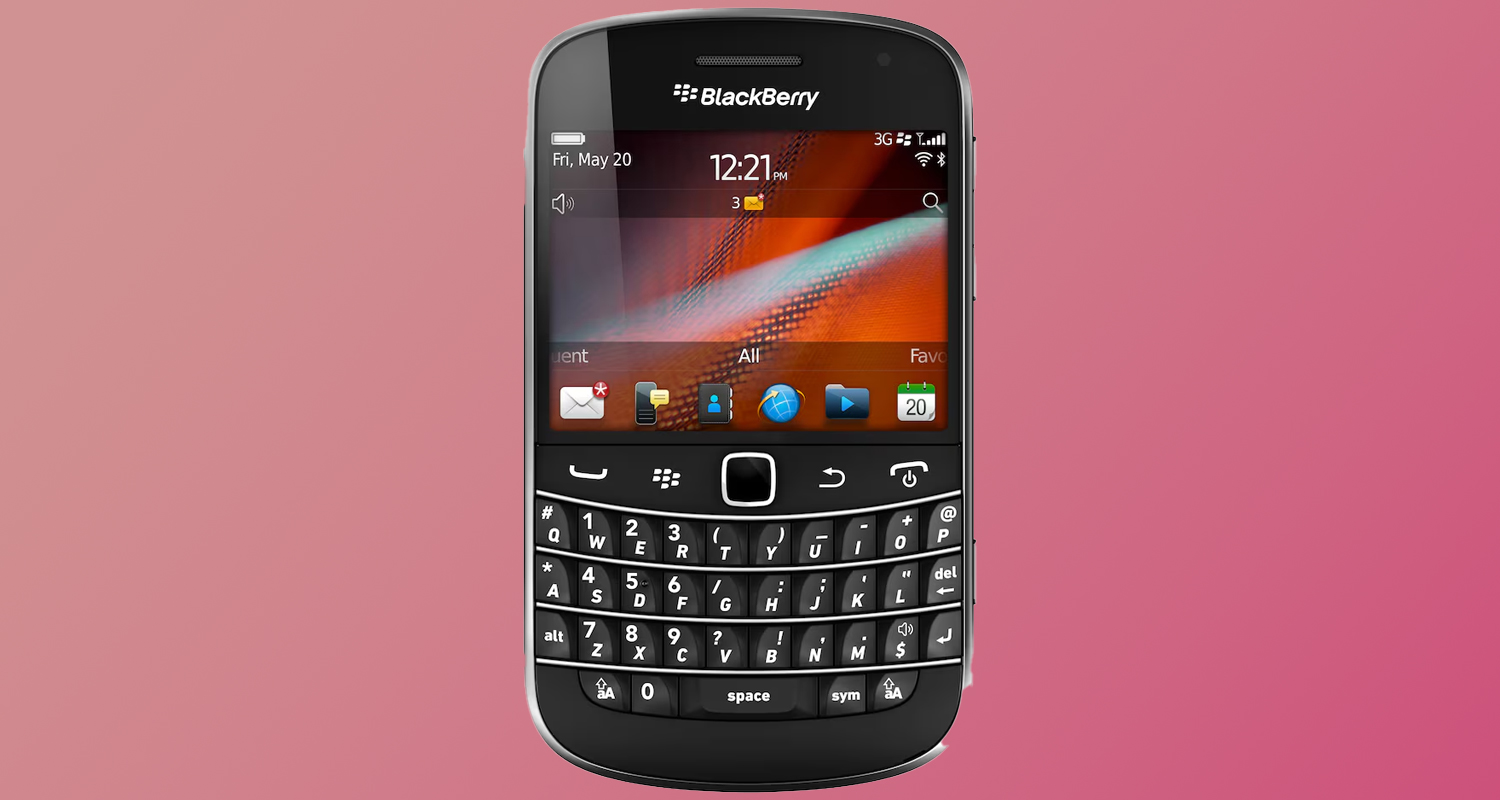 4. BlackBerry’s refusal to change
4. BlackBerry’s refusal to change
BlackBerry once disrupted the mobile communications market, only for it to be dethroned in a similar way a few years later. Its devices were lauded for their full Qwerty keyboards, secure e-mail services and the BlackBerry Messenger (BBM) app. The corporate and enterprise sectors also took a liking to their messaging and e-mailing capabilities.
But an ironic reversal of fate led to a turning point for BlackBerry when touchscreen devices – notably, the Apple iPhone – and the advent of the app ecosystem were introduced. This transformed user expectations and preferences rapidly, but the Canadian phone maker was too slow to respond. The iPhone and Android devices embraced these new developments, while BlackBerry hesitated to pivot its strategy. It was the beginning of the end.
5. Twitter brand change erodes value
Shortly after Elon Musk bought Twitter for $44-billion in 2022, he introduced sweeping changes across the company, including firing over 50% of employees. Changes to how the platform operates soon followed, with limitations on interaction volumes for non-verified users and the introduction of a paid subscription scheme for Twitter Blue verifications. This led to disgruntled users.
Fleeing advertisers, lost revenue and a loss of stickiness on the platform made competitors like Mark Zuckerberg’s Meta Platforms smell blood in the water. This coincided with Musk rebranding Twitter to X, a move which Time reported wiped out some $4-billion to $20-billion in brand value for the company.
Challengers like Meta’s Threads have not gained significant traction over X, a testament to the platform’s uniqueness in the social media landscape. But things will never quite be the same again, will they?
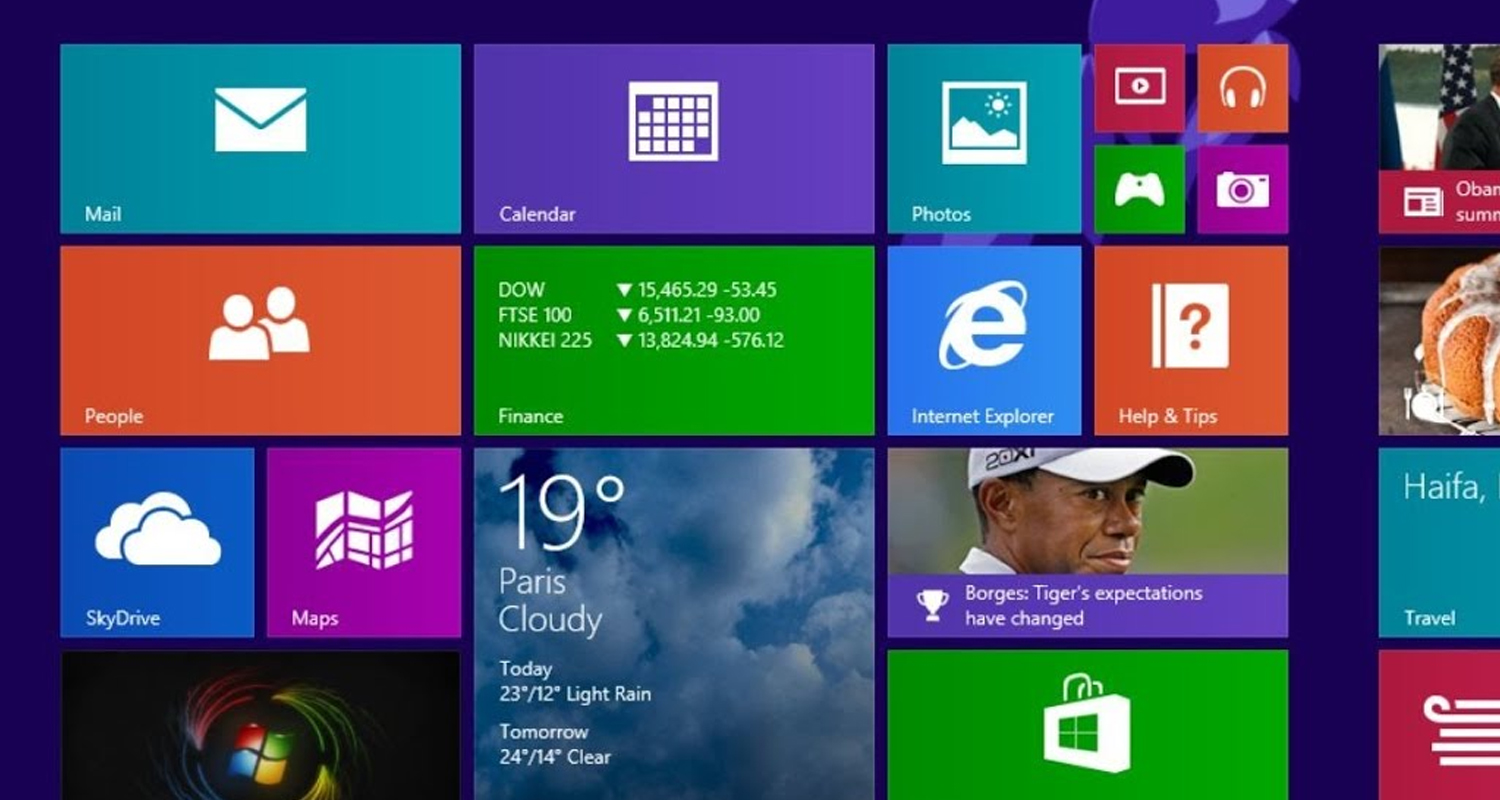 6. Windows 8
6. Windows 8
There is a strange pattern of alternative hits and misses in Microsoft’s Windows release cycle. While some versions like Windows XP and Windows 7 remain iconic for their paradigm-changing advancements, others such as Windows Millenium Edition and Windows Vista are better off forgotten. But none of Microsoft’s missteps in OS development is as colossal as the failure of Windows 8. Released amid the haze of the rise of tablet computers (notable, Apple, with the iPad), the Windows 8 interface got rid of the iconic start button and added a tile-centric interface that worked well on its newly-released Surface tablets, but did not quite work for the bulk of the Windows market – desktop and laptop users who use a mouse to navigate their systems.
The company quickly saw the error in its judgment and rectified things by returning to a more classically styled interface with the release of Windows 10, which turned out to be a huge success.
7. Google Glass
There was a lot of fanfare surrounding the launch of Google Glass. When the search giant unveiled the smart spectacles 2012, a flashy introduction demo featured skydivers streaming their jump through the device. The hype was all for nothing in the end as Google shelved the product in 2015.
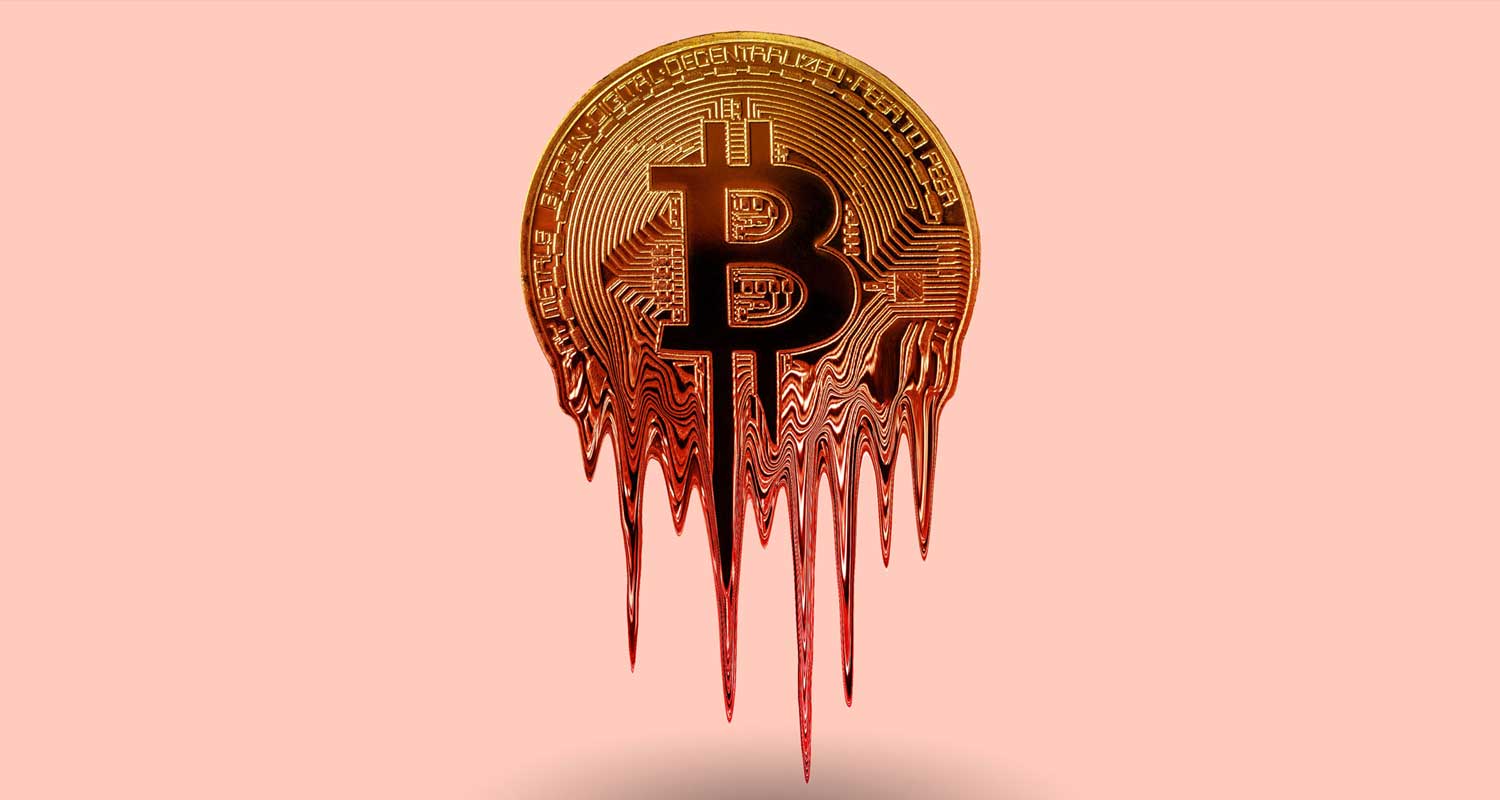 8. Crypto gone wrong – the SBF story
8. Crypto gone wrong – the SBF story
As a young man at the start of his career, Sam Bankman-Fried (SBF) had a pretty good life. For the graduate of one of the most prestigious educational institutions in the world, the Massachusetts Institute of Technology, the prospect of spending 25 years in prison may have once looked so unlikely as to be bizarre in the early days of the physics major’s career as trader of derivative instruments.
Read: Most expensive smartphones in South Africa
Alas, the former “poster boy” of cryptocurrency faces a quarter of a century in prison for his exploits as the founder of the FTX cryptocurrency exchange platform. SBF was arrested in the Bahamas on 12 December 2022 and was indicted on a litany of crimes including commodities fraud, securities fraud and money laundering. – © 2024 NewsCentral Media
- Have we missed any spectacular tech blunders? Let us know in the comments


